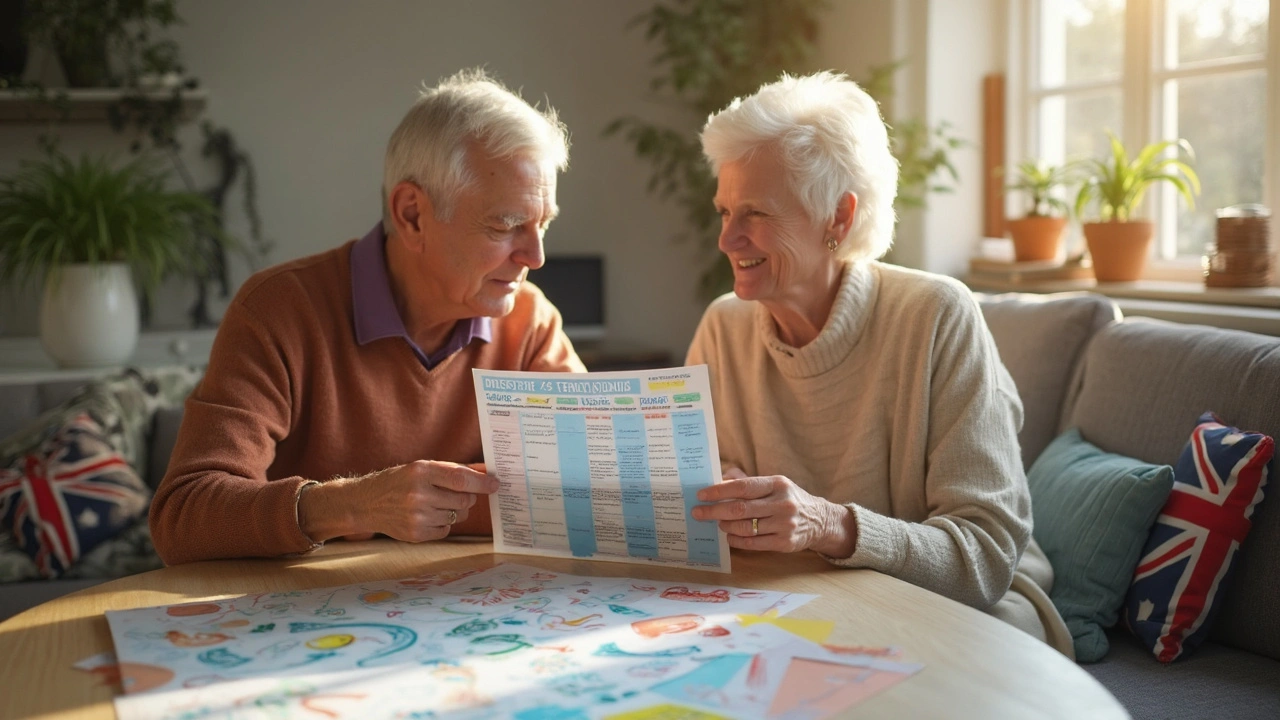Dementia Therapy: What Helps Right Now
Dementia won’t reverse in most cases, but the right therapy can slow decline, ease symptoms, and make daily life better. If you or a loved one was just diagnosed, focus on three things: medical options, daily routines, and practical therapies that improve thinking, mood, and safety.
Medications That Can Help
There are a few meds that often help with memory and mood. Cholinesterase inhibitors (donepezil, rivastigmine, galantamine) can reduce memory loss and help with thinking for some people with mild to moderate dementia. Memantine is commonly used for moderate to severe stages to help with attention and daily function. These drugs don’t cure dementia but can slow symptoms for months to years in some patients.
Watch for side effects: nausea, dizziness, sleep changes, and interactions with heart or stomach medicines. Always check doses with the doctor and review all other prescriptions and supplements.
Daily Therapies and Care Strategies
Cognitive stimulation works. Simple, regular activities—puzzles, memory games, reading aloud, or life-story conversations—can keep the brain engaged. Frequency matters: short daily sessions beat one long session once a week.
Physical activity helps brain health. Aim for at least 20–30 minutes most days: walking, light strength moves, or chair exercises. Exercise boosts mood, sleep, balance, and can lower agitation.
Structure and routine reduce confusion. Keep daily schedules consistent—mealtimes, bathing, walks, and rest. Use clocks, calendars, and clear labels on doors or drawers so the person can stay independent longer.
Behavioral approaches beat blunt force. When someone gets anxious or angry, try to find the trigger: pain, hunger, too much noise, or tiredness. Calm voice, simple choices (tea or water?), and removing triggers often stop escalation faster than reasoning.
Occupational and speech therapists help with practical skills: dressing, safe eating, and coping with language problems. Small changes—adaptive utensils, textured plates, grab bars—make daily living safer and less stressful.
Social connection matters. Loneliness speeds decline. Regular visits, group programs, or phone check-ins keep engagement up. Music therapy and pet visits often spark smiles and clear moments of recognition.
Nutrition and sleep are not optional. Aim for balanced meals, hydration, and consistent sleep routines. Avoid late caffeine and heavy meals near bedtime. Poor sleep worsens memory and behavior.
When to see a specialist? If memory loss affects daily tasks, causes repeated safety issues, or mood and behavior change quickly, ask for a neurology or geriatric psychiatry referral. Early assessment can guide the best mix of treatments.
Finally, plan for care. Legal and financial decisions made early relieve stress later. Talk with family and your doctor about goals of care, advance directives, and home-safety options. Small, practical steps now make day-to-day life smoother for everyone.

Aducanumab Alternatives in 2025: 10 Options for Alzheimer’s Treatment You Need to Know
Apr 18, 2025, Posted by Mike Clayton
Struggling to make sense of new Alzheimer’s treatments? This article highlights 10 real alternatives to Aducanumab in 2025, breaking down their pros and cons clearly. Expect practical facts, transparent advice, and a comparison table to keep things simple. By the end, you’ll feel more confident about current dementia treatment options. If you’re seeking real-world info, you’ll find it here—without all the jargon.
MORESEARCH HERE
Categories
TAGS
- treatment
- online pharmacy
- dietary supplement
- side effects
- medication adherence
- medication safety
- generic drugs
- health
- dietary supplements
- health benefits
- online pharmacy Australia
- adverse drug reactions
- thyroid disorders
- gabapentin
- treatment option
- calcipotriol
- blood pressure
- erectile dysfunction
- closer look
- optimal health
